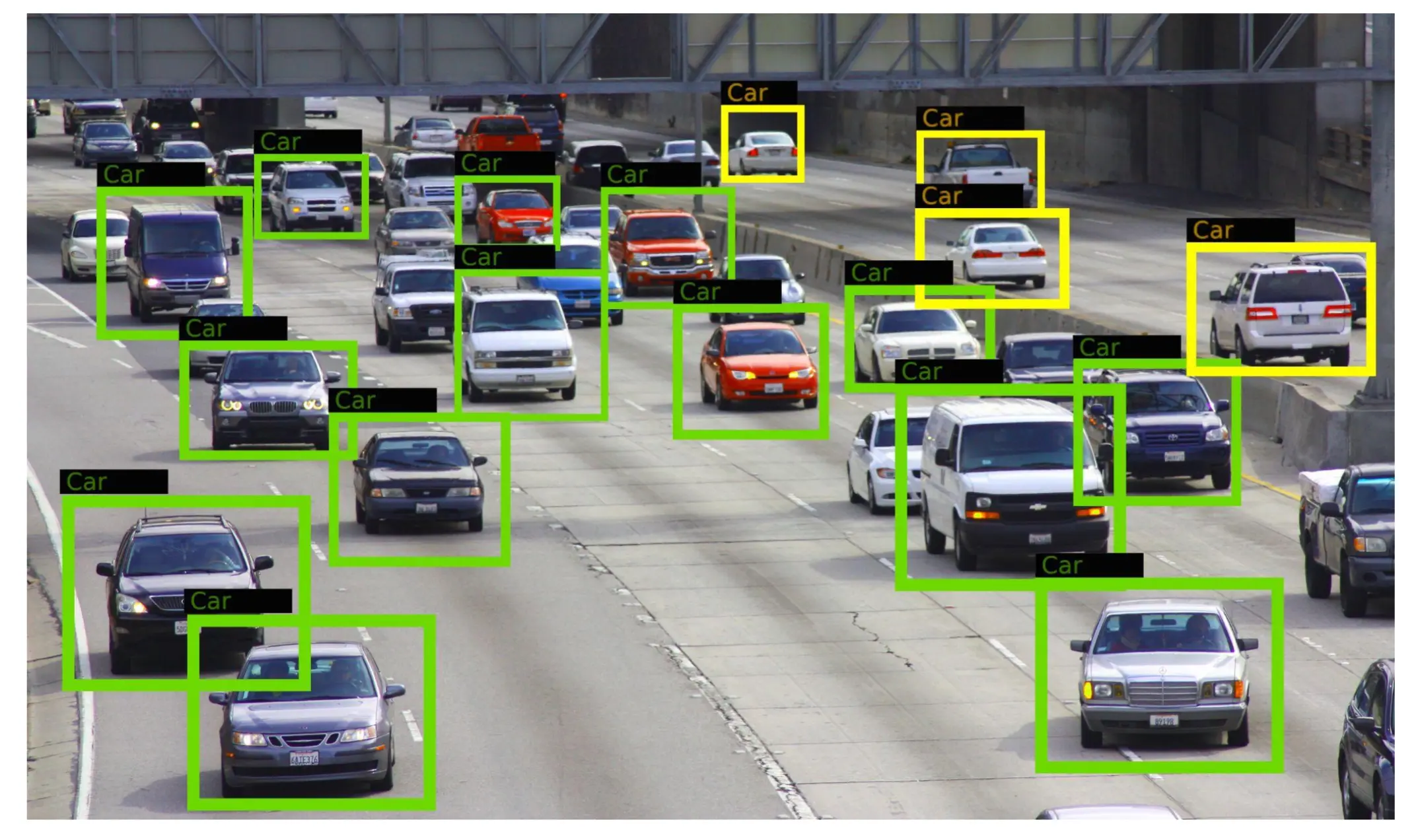- Publication: LinkedIn
- Publication Date: November, 2023
- Organizations mentioned: LinkedIn’s Economic Graph Research Institute, Microsoft, O*NET, US Department of Labor, Censuswide
- Publication Authors: LinkedIn
- Technical background required: Low
- Estimated read time (original text): 50 minutes
- Sentiment score: 65%, somewhat positive
TLDR
LinkedIn’s second Future of Work Report: AI at Work provides insights into how AI is evolving and its impact on professionals and businesses. The report reveals a 70% increase in AI conversations on LinkedIn, with optimistic sentiments from executives and professionals. AI is set to disrupt or augment over half of LinkedIn members’ jobs, with advanced degree holders, Gen Z, and women seeing faster changes. LinkedIn is introducing AI-assisted products to create more value for members and customers, such as AI-assisted job descriptions and Recruiter 2024. The company aims to help professionals and businesses benefit from AI and create new economic opportunities for the global workforce.
Methodology:
- The report utilizes data from LinkedIn’s platform, including insights from one billion professionals and 67 million companies.
- It analyzes trends in AI conversations, AI-related job postings, and members’ profiles to gauge AI’s impact.
- The research incorporates surveys like LinkedIn’s Workforce Confidence Index and Executive Confidence Index to understand professional sentiments towards AI.
Key Findings:
- Conversations around AI have surged by 70% on LinkedIn, reflecting its growing prominence in cultural and business discourse.
- More than half of LinkedIn members are in jobs impacted by AI, with required job skills expected to change by 65% by 2030.
- AI disproportionately affects younger generations like Gen Z and has varying impacts across genders, with 55% of women and 54% of men expecting job disruptions.
- The number of companies appointing ‘Heads of AI’ has significantly increased, indicating corporate investment in AI talent.
- LinkedIn is developing AI-assisted products to streamline recruitment processes and enhance job seeking experiences.
Recommendations:
- Professionals should pursue continuous learning and skill development, focusing on AI literacy and people skills.
- Companies should adapt their hiring strategies to emphasize AI skills and AI literacy across roles.
- Even as AI skills become crucial, soft skills like leadership and creativity remain indispensable.
- Industries beyond tech, such as retail and professional services, should also integrate AI to remain competitive.
- Professionals and businesses should stay informed about AI advancements and consider integrating AI tools into their workflows.
Thinking critically
Implications:
- If organizations adopt AI as recommended, there’s a potential shift towards AI literacy and skills diversity across industries. It could lead to more dynamic, adaptable workforces, prioritizing both technical and soft skills.
- Embracing AI could significantly boost economic productivity by automating routine tasks and fostering innovation. However, it may also lead to job displacement in sectors highly susceptible to AI automation.
- The report’s findings imply a possible reshaping of educational systems to focus more on AI literacy and continuous learning. This shift could democratize education, offering wider access to skill development.
Alternative Perspectives:
- The report’s reliance on LinkedIn data might introduce bias, reflecting trends more prevalent among its user demographic.
- The report might overemphasize AI’s positive impacts, underestimating potential challenges like ethical dilemmas, privacy concerns, and the risk of over-reliance on technology in decision-making processes.
- There’s a possibility that the report underestimates the enduring importance of uniquely human skills such as empathy, creativity, and complex problem-solving in ambiguous situations.
AI Predictions:
- AI will become more seamlessly integrated into various business functions, leading to new job roles centered around AI management and ethics.
- There will likely be a growing demand for hybrid skill sets combining AI literacy with traditional industry-specific knowledge, reshaping professional development and education systems.
- The expanding role of AI in the workforce will prompt more significant ethical discussions and regulatory developments, focusing on data privacy, AI bias, and employment laws.
Glossary
- AI Skills: Refers to the 41,000 skills identified in LinkedIn’s skills taxonomy, of which 121 are categorized as AI skills. These include machine learning, natural language processing, and deep learning.
- AI Talent: Describes LinkedIn members who are employed in an AI-related job or possess at least one AI skill on their profiles.
- AI Jobs and AI-Related Jobs: Jobs that require AI or Machine Learning in their job title and/or as part of their required skills. ‘AI jobs’ are technical jobs like Machine Learning Engineer, while ‘AI-related jobs’ are non-technical roles requiring AI knowledge, such as a salesperson skilled in AI products.
- AI-Literacy: The understanding and ability to leverage AI tools for business purposes.
- Augmented: These jobs’ core skills include a large share of both skills that can be replicated by GAI and people skills. For example, data analysts automate the computation and interpretation of metrics with GAI, enabling them to focus their time on people skills, such as cross- functional engagement and stakeholder management.
- Disrupted: These jobs’ core skills include a large share of skills that can be replicated by GAI and a relatively low share of people skills. For example, language translators’ skills shift from doing translations from scratch to reviewing and certifying machine-generated translations or specializing in specific legal or literary domains.
- Insulated: These jobs have a relatively small proportion of skills that
- GAI can replicate in their core skills. For example, real estate agents might utilize GAI to write a listing’s description, but their core relationship management skills would be insulated from GAI.


 Join hosts Anthony, Shane, and Francesca for essential insights on AI's impact on jobs, careers, and business. Stay ahead of the curve – listen now!
Join hosts Anthony, Shane, and Francesca for essential insights on AI's impact on jobs, careers, and business. Stay ahead of the curve – listen now!


